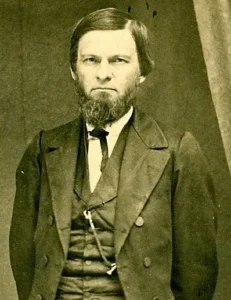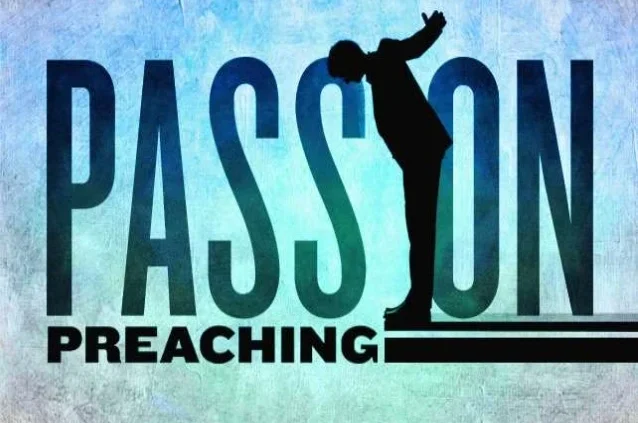Lost Passion in Preaching
Lost Passion In Preaching
In the last post I introduced Alex Montoya’s causes of lost passion in preaching. In this post, I want to explore those reasons for losing passion more fully.
Imitation of Seminary Lecturers
Here’s a reality that is a bit disconcerting. It is an old statement that is only partly true: “Those who can’t do teach.” In other words, some people who teach got there through education, not through their great preaching. Also, people who no longer engage in a rigorous preaching can become removed from what the passion of preaching. Here’s how Alex Montoya puts it in his book:
In a closed, disciplined environment, content matters more than delivery, and some instructors pride themselves as being more deep than communicative. The nature of seminary allows for this, and the student is highly motivated to grasp the information by grades, graduation, and the cost of education. (p. 15)
So, those who imitate the lectures that stimulated them in seminary may develop a delivery that is less than passionate. It appeals to the intellect.
 Truth be told, this is desired by some in some churches. I served as an interim/transitional pastor in a church that had a high percentage of college educated members. It also had many teachers at nearby institutions of higher learning. I viewed YouTube videos of their previous pastor, and it was easy to note that intellectual preaching was valued by many in the church. As I interacted with the worship committee, it was clear that this was their preference. But, as I interacted with the younger families in membership, they were crying out for preaching that was emotional as well as well-thought-out.
Truth be told, this is desired by some in some churches. I served as an interim/transitional pastor in a church that had a high percentage of college educated members. It also had many teachers at nearby institutions of higher learning. I viewed YouTube videos of their previous pastor, and it was easy to note that intellectual preaching was valued by many in the church. As I interacted with the worship committee, it was clear that this was their preference. But, as I interacted with the younger families in membership, they were crying out for preaching that was emotional as well as well-thought-out.
Intellectualism Can Lead to Loss of Passion in Preaching
Closely related to the above is the intellectual sermon. I served on a committee once that was evaluating the various ways that people enter ministry in my denomination. On this study team were a variety of people, including staff at our denominational seminary, but including those from Navajo and African-American backgrounds. It was fascinating for these members of this study team to describe how preachers were trained in their tradition.
Black preachers were trained in the field, given an opportunity to preach early on in their lives. The focus of preaching then, was more heavily on addressing the needs of the people in the seats rather than sharing the results of deep study of commentaries and intellectual reflections. Note: this is a generalization, and not meant to denigrate either seminary training or the lack of it. I’m simply trying to make the case that in some settings, delivery of a well researched message may not fit the setting.
Inexperience in Life Can Lead to Lost Passion in Preaching
As pastors mature, their passion in preaching should increase. Preachers who have experienced more of life’s challenges should reflect the knowledge of the truth of God’s promises in a passionate presentation. This is not to say that younger preachers can’t be effective, but if they have not experienced life, they will likely be less effective. Inexperience can lead to lost passion in preaching in the church.
Inhibited Personality
People who are timid or shy, inhibited in regard to their feelings are less likely to exhibit passion in preaching. Here’s something a teacher of preaching said long ago:

John Broadus
The chief requisite to an energetic style is an energetic nature. There must be vigorous thinking, earnest if not passionate feeling, and the determined purpose to accomplish some object, or the man’s style will have not true, exalted energy. It is in this sense emphatically true that an orator is born, not made. Without these qualities one may give valuable instruction; without them one might preach what silly admirers call “beautiful sermons”; but if a man has no force of character, a passionate soul, he will never be really eloquent. There are, howeve, timid and sensitive men who, when practice has given them confidence and occasion calls out their powers, exhibit far more masterful nature than they have ever imagined themselves to possess.
That is a quote from John Broadus’s book, On the Preparation and Delivery of Sermons. (New York: Harper and Row, 1944), 252-253). In other words, it is possible to develop passion in preaching.
In the next post we’ll consider how to nurture passion in your preaching. In the meantime, here is passionate preacher David Platt on bringing emotion and passion into your preaching.



